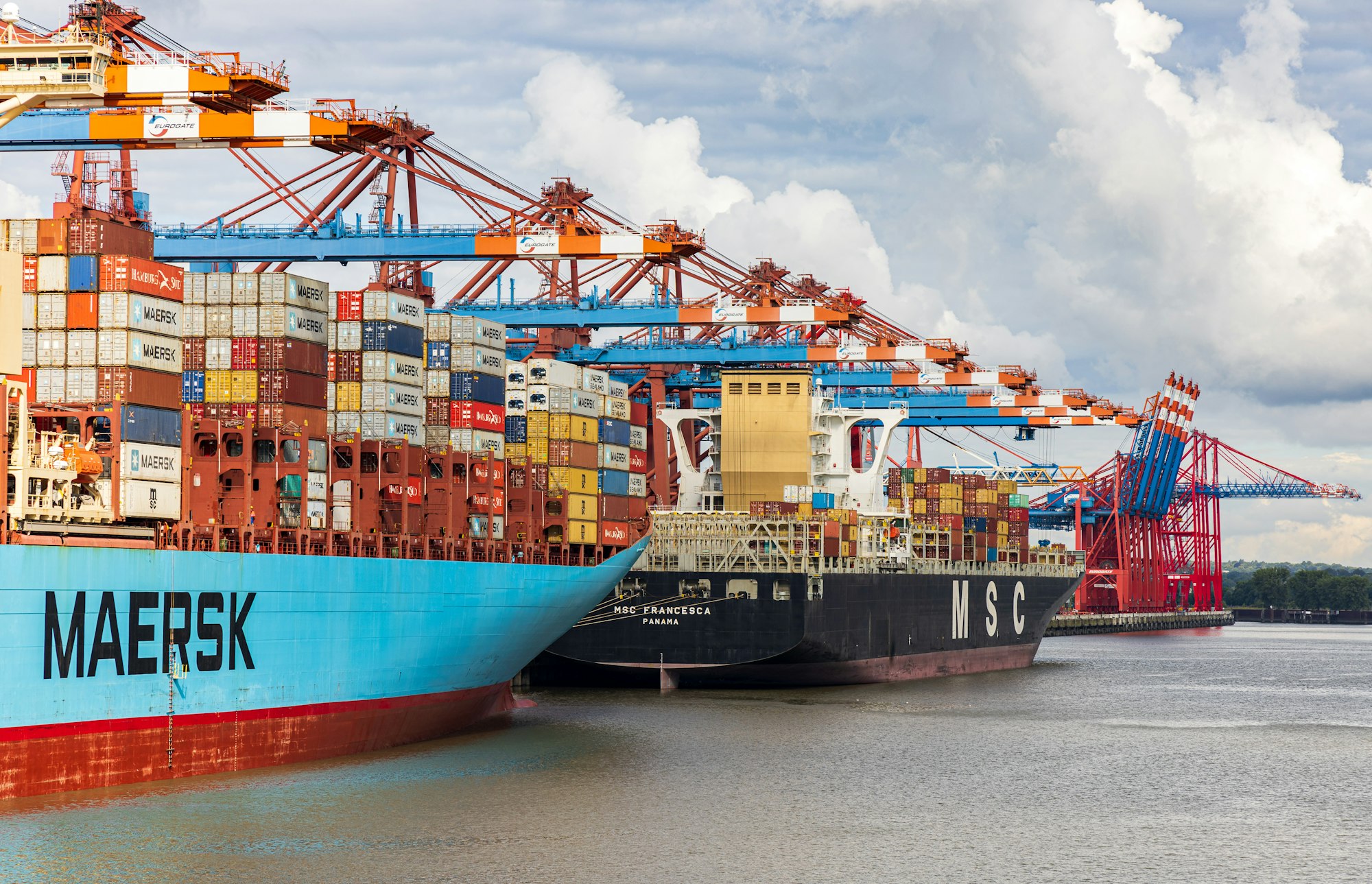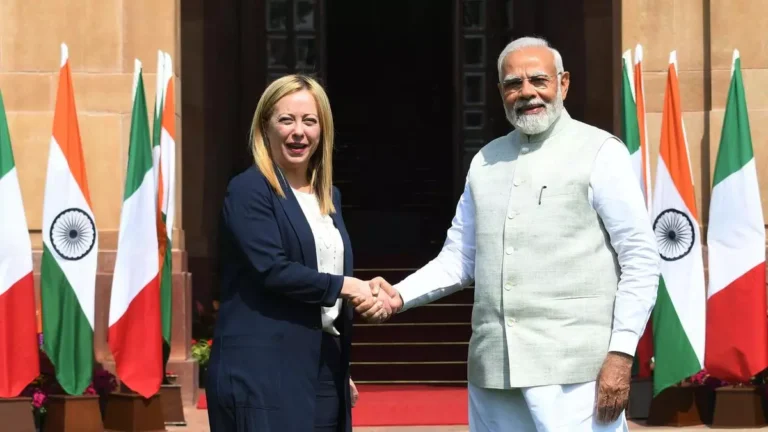
As we embark on the journey through 2024, the world economy finds itself at a pivotal juncture, shaped by a myriad of factors ranging from technological advancements to geopolitical tensions. Understanding the current state of the global economic landscape is crucial for businesses, policymakers, and individuals alike. Let’s delve into the key trends, challenges, and opportunities that define the world economy in 2024.
1. Economic Recovery Post-Pandemic
The year 2023 witnessed significant strides in global economic recovery following the disruptions caused by the COVID-19 pandemic. With widespread vaccination campaigns and fiscal stimulus measures, many economies rebounded, albeit at varying paces. However, the threat of new variants and uneven vaccine distribution continue to pose risks to the recovery trajectory.
2. Technology and Digital Transformation
The rapid advancement of technology continues to reshape industries and economies worldwide. Innovations in artificial intelligence, blockchain, and the Internet of Things are revolutionizing business models, enhancing productivity, and driving growth. Embracing digital transformation has become imperative for businesses to stay competitive and resilient in an increasingly digital world.
3. Sustainable Development and Climate Action
Climate change and environmental sustainability have moved to the forefront of global agendas. Governments, businesses, and consumers are increasingly prioritizing sustainable practices and renewable energy solutions. The transition towards a low-carbon economy presents opportunities for innovation, job creation, and inclusive growth while addressing pressing environmental challenges.
4. Geopolitical Uncertainty and Trade Dynamics
Geopolitical tensions and trade disputes continue to pose risks to global economic stability. Escalating conflicts, trade restrictions, and geopolitical rivalries have the potential to disrupt supply chains, dampen investor confidence, and hinder economic growth. Navigating these uncertainties requires diplomacy, cooperation, and resilience in the face of geopolitical challenges.
5. Inclusive Growth and Social Equity
The pursuit of inclusive growth and social equity remains a critical imperative for fostering sustainable development and reducing inequality. Addressing disparities in access to healthcare, education, and economic opportunities is essential for building resilient and inclusive societies. Policies that prioritize social welfare, education, and skill development are vital for promoting shared prosperity.
6. Emerging Markets and Globalization
Emerging markets continue to play a significant role in driving global economic growth and investment opportunities. Countries in Asia, Africa, and Latin America are witnessing rapid urbanization, technological adoption, and infrastructure development, presenting new frontiers for business expansion and investment. Globalization, albeit facing challenges, remains a driving force for economic integration and interconnectedness.
7. Resilience and Adaptability
In a world characterized by volatility and uncertainty, resilience and adaptability are paramount. Businesses need to embrace agility, innovation, and risk management strategies to navigate disruptions and seize emerging opportunities. Governments must prioritize policy reforms, investment in infrastructure, and social safety nets to build resilient economies capable of withstanding shocks.
Conclusion
The world economy in 2024 is defined by a complex interplay of trends, challenges, and opportunities. While the road ahead may be fraught with uncertainties, it is also paved with possibilities for growth, innovation, and positive change. By fostering cooperation, embracing sustainability, and investing in resilience, we can collectively navigate the challenges and shape a more prosperous and equitable future for all. As we embark on this journey, let us remain steadfast in our commitment to building a resilient, inclusive, and sustainable global economy.




